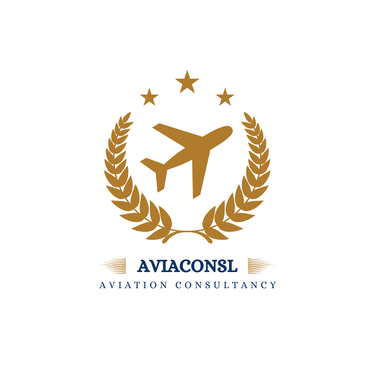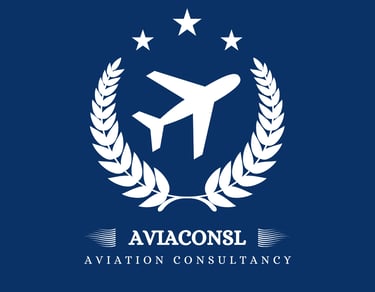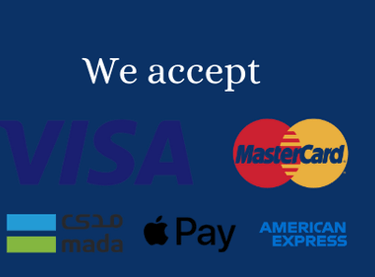Legal Disputes Over the Unauthorized Commercial Use of Private Aircraft
How Civil Aviation Authorities Combat These Violations
In recent years, the private aviation sector has experienced significant growth, becoming a preferred mode of travel for business executives, high-net-worth individuals, and corporate entities. However, some private aircraft operators have exploited this market by offering unauthorized commercial services, circumventing aviation regulations that govern commercial air transport. This phenomenon, commonly referred to as "gray charter" or "illegal charter operations," poses serious legal, safety, and financial risks, prompting increased scrutiny from civil aviation authorities worldwide.
The fundamental distinction between private and commercial aviation lies in the operational and regulatory framework. Private aircraft are intended for personal or corporate use, whereas commercial flights require specific operating licenses, adherence to strict maintenance standards, and full compliance with aviation safety regulations. However, some operators attempt to bypass these requirements by offering charter-like services or selling seats on private aircraft without obtaining the necessary commercial approvals, allowing them to avoid taxes and regulatory costs.
Legal Challenges of Unauthorized Charter Flights
One of the biggest challenges facing civil aviation regulators is the difficulty in detecting and proving illegal private flight operations. Many of these flights take place through informal agreements between passengers and operators, with no official registration or contractual transparency. In some cases, operators exploit legal loopholes by using arrangements such as wet leases or exclusive membership programs, falsely presenting the flights as private operations while generating revenue through commercial activities.
A high-profile case in the United States resulted in a major airline being fined after it was discovered that over 100 illegal charter flights had been conducted using private aircraft registered for personal use only. The court ruled that these operations constituted a direct violation of federal aviation regulations, as the carrier failed to provide adequate passenger insurance and did not comply with the required commercial maintenance protocols.
Similarly, in the United Kingdom, the Civil Aviation Authority (CAA) launched enforcement campaigns against illegal charter operators following a rise in aviation accidents caused by unregulated private aircraft being used for commercial purposes. One of the most notable cases was the fatal crash of a private jet carrying footballer Emiliano Sala, which was later revealed to have been operated commercially without proper licensing, leading to legal action against the parties involved.
How Civil Aviation Authorities Are Cracking Down on Illegal Private Charters
To combat unauthorized charter operations, civil aviation authorities worldwide have intensified inspections, imposed strict penalties, and blacklisted non-compliant operators. In the United States, the Federal Aviation Administration (FAA) has increased its monitoring efforts, issuing steep fines against private aircraft owners and brokers engaging in illegal charter activities. Additionally, the FAA has enhanced its use of flight tracking data and customer reports to detect unauthorized commercial flights.
In the United Arab Emirates, the General Civil Aviation Authority (GCAA) has issued clear directives prohibiting "gray charter" operations, requiring private aircraft operators to report any commercial engagements arranged through unlicensed brokers. Countries such as France and Germany have also strengthened their enforcement measures, introducing stricter registration and compliance requirements for private aviation.
Another key strategy involves collaboration with private jet booking platforms, ensuring that online marketplaces do not facilitate unauthorized charters. In 2022, European regulators mandated several private aviation booking apps to include explicit disclaimers, notifying customers whether a flight was legally authorized or operating outside commercial regulations.
Legal Consequences for Operators and Passengers
Illegal charter flights present not only regulatory risks for operators but also significant legal and financial risks for passengers. Travelers who fly on unauthorized commercial flights do not enjoy the same legal protections as those on licensed chartered services. In the event of an accident, passengers may not be covered by appropriate insurance policies, making it difficult to claim compensation for damages or injuries.
From a legal perspective, passengers who unknowingly board an illegal flight may have limited recourse if a dispute arises, as many of these flights operate without formal contracts. However, in some jurisdictions, passengers may still file claims against operators under fraud or gross negligence laws. In rare cases, passengers may even share liability if they knowingly booked an unauthorized charter, raising further legal complications.
How to Protect the Aviation Market from Illegal Charter Operations
To eliminate gray charter operations, governments and regulatory bodies must adopt a multifaceted approach that includes:
Enhancing transparency by requiring stricter reporting for private aviation operations and ensuring that all aircraft used commercially are registered accordingly.
Imposing harsher penalties on operators found in violation of aviation laws, including significant fines and license revocations.
Developing digital monitoring tools to track unauthorized charter activities in cooperation with aviation tech providers.
Launching public awareness campaigns to educate passengers and aviation investors about the risks and legal consequences of using illegal charter services.
Ultimately, eliminating illegal charter operations is crucial to maintaining aviation safety, ensuring fair market competition, and protecting passengers from legal and financial risks. A coordinated effort among aviation authorities, legal experts, and industry stakeholders will be essential in closing regulatory loopholes and ensuring full compliance with aviation laws. By strengthening enforcement mechanisms and increasing industry awareness, civil aviation authorities can effectively curb illegal private charter operations and uphold the integrity of the aviation sector.




